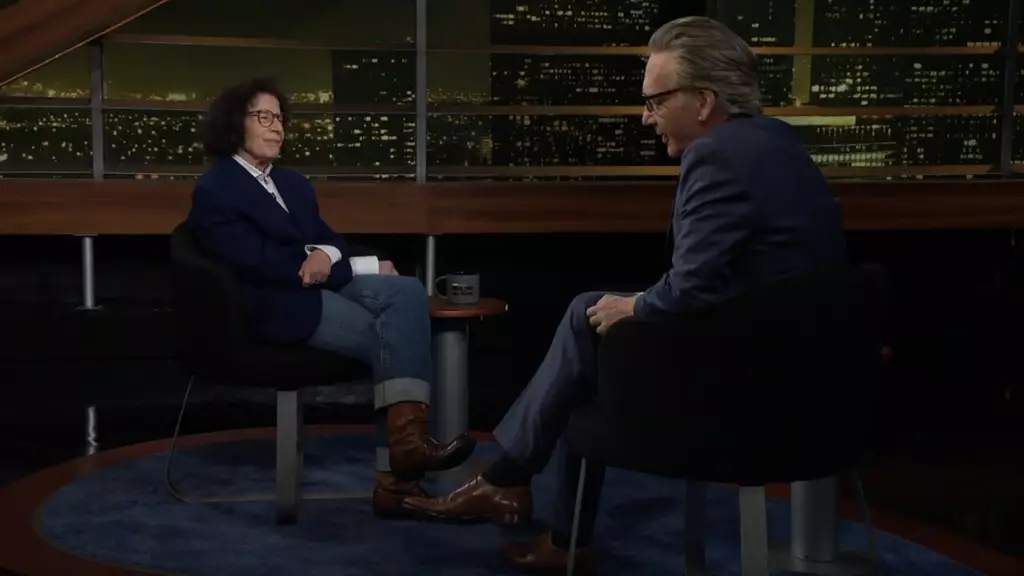In a striking turn of events, Sean ‘Diddy’ Combs finds himself engulfed in a storm of serious allegations that have raised vital questions about the ethics and accountability within the music industry. Recently arrested by FBI agents in New York City, Diddy’s predicament has ignited intense scrutiny and discussion across various platforms, including an episode of *Real Time with Bill Maher*, where the comedian and writer Fran Lebowitz offered pointed commentary on the matter. These incidents draw attention not only to Combs’ actions but also to a larger commentary on the pervasive culture of silence and complicity within music and entertainment.
Bill Maher’s inquiry into why the music industry has seemingly evaded the scrutiny experienced by other sectors like journalism, particularly during the #MeToo movement, presents a compelling point of critique. He expressed his frustration over the music industry’s blatant disregard for accountability concerning widespread misogyny, sexual harassment, and even more shocking allegations like rape. Despite the high-profile nature of many cases, they appear to fade into the background, overshadowed by the industry’s immense financial power and cultural influence.
Fran Lebowitz’s response underscores this perspective, positing that the monetary stakes involved in the music industry create a shielding mechanism against public outcry. She suggested that while NPR faced swift repercussions for relatively minor grievances, music acts as a cash cow that many are reluctant to challenge. This capitalist framework raises pressing ethical questions: why does monetary gain take precedence over personal integrity and justice?
The gravity of the situation escalated with Cassie Ventura’s rape and abuse lawsuit against Combs last year, a case that opened the floodgates for more individuals to share their stories. The allegations hint at a decades-long pattern of behavior that, until recently, remained largely unchallenged. This wider spectrum of accusations paints a troubling picture of an industry where intimidation and abuse may have been tolerated—if not entirely overlooked—by many.
The most recent claims highlighted in a newly filed lawsuit from a Jane Doe detail a harrowing account of drugging, rape, and subsequent threats. These accounts not only add weight to the accusations against Combs, they also reflect a systemic problem embedded in the industry that allows abhorrent behavior to flourish unchecked.
As developments continue to unfold, Combs’ case invites not just scrutiny but a critical reflection on the music industry’s culture and its long-overdue reckoning. The apparent reluctance to include music in the broader discourse surrounding sexual misconduct and abuse hints at a complex interplay of fame, finance, and societal values. As more voices emerge, this might catalyze necessary change, urging both the industry and fans to confront uncomfortable truths and demand more significant accountability from those in power.
Ultimately, Diddy’s situation serves as a crucial lens through which the music industry—and indeed, all entertainment sectors—must examine their own principles and practices. The time for silence is over; the need for accountability has never been more pressing.
